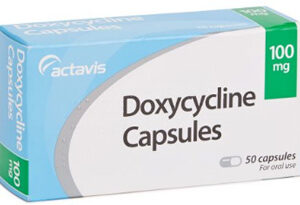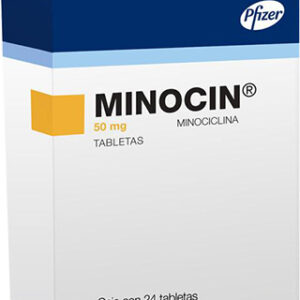Cephalexin Overview
Cephalexin, also known as cefalexin, belongs to a class of antibiotics called cephalosporins. It functions by thwarting the development of bacteria cell walls, thereby culminating in bacterial cell death and effectively countering various bacterial infections.
Indications for Use
Healthcare providers recommend Cephalexin for treating bacterial infections such as those affecting the respiratory tract, skin, ears, bones, and urinary tract. Additionally, it is employed as a preventive measure against heart valve infection during dental procedures.
Dosage and Administration
Doctors tailor Cephalexin dosages to the patient’s condition, severity, and kidney function. It can be consumed with or without food and should be administered at evenly spaced intervals.
Contraindications and Precautions
Patients allergic to cephalosporin or penicillin should not take Cephalexin. It should be used with caution in individuals with kidney impairment or a history of gastrointestinal diseases.
Drug Interactions
Combining Cephalexin with certain drugs may alter its effectiveness or increase the risk of side effects. Notably, it can interact with blood thinners and other antibiotics.
Adverse Reactions
Common side effects include gastrointestinal upset, rash, and dizziness. Severe reactions such as difficulty breathing or swelling warrant immediate medical attention.
Overdose and Management
In case of a Cephalexin overdose, supportive measures and symptom management are key. This may involve medical monitoring or treatment to prevent complications.
Pharmacology of Cephalexin
Cephalexin is rapidly absorbed from the gastrointestinal tract and excreted unchanged in the urine. It boasts a high level of effectiveness against susceptible bacteria.
Clinical Studies and Efficacy
Clinical trials have established Cephalexin’s efficacy in treating various infections. It has proved to render positive outcomes in the majority of cases when administered correctly.
Special Populations
Particular considerations are necessary when prescribing Cephalexin to pregnant women, breastfeeding mothers, children, and the elderly. Dose adjustments may be essential.
Storage and Handling
Cephalexin should be stored at room temperature away from moisture and light. Keep the medication in its original container and out of reach of children.
Patient Counseling Information
Inform patients about the importance of taking Cephalexin as prescribed, potential side effects, and the need to complete the entire course of the antibiotic.
FAQs
Address common inquiries regarding Cephalexin, including its usage, dietary restrictions, and what to do in case of missed doses.





Reviews
There are no reviews yet.